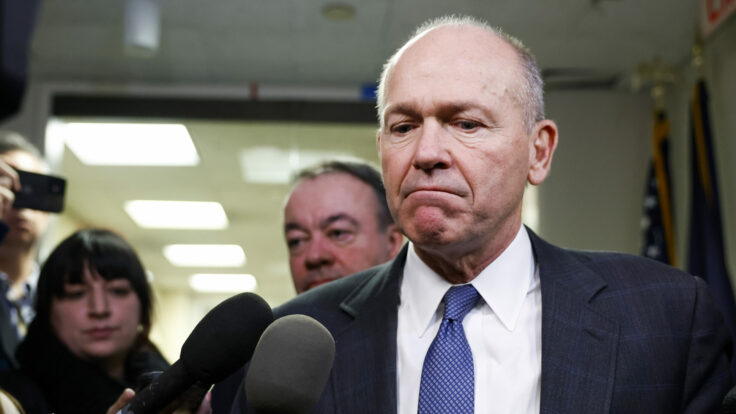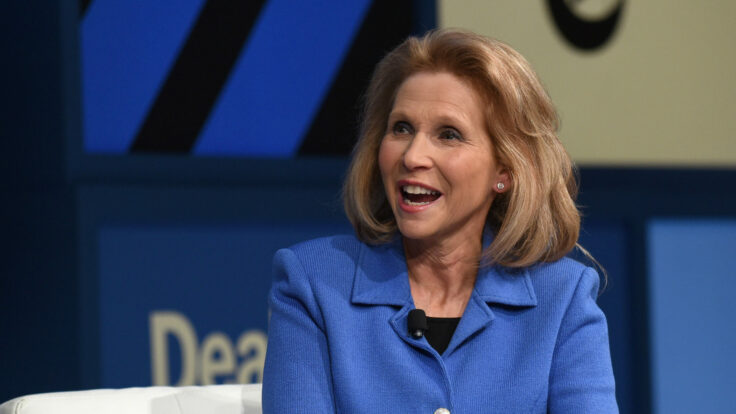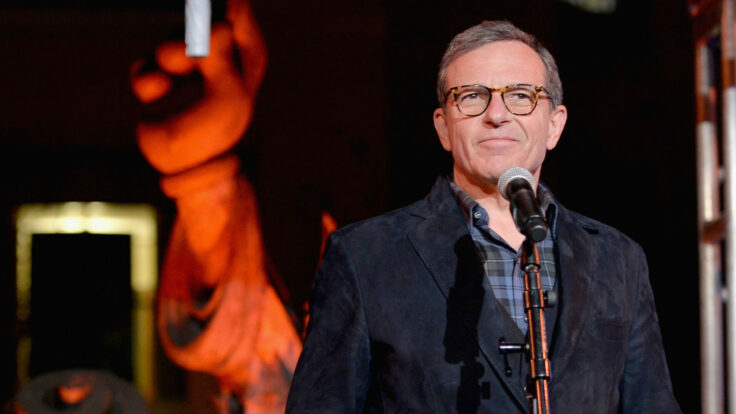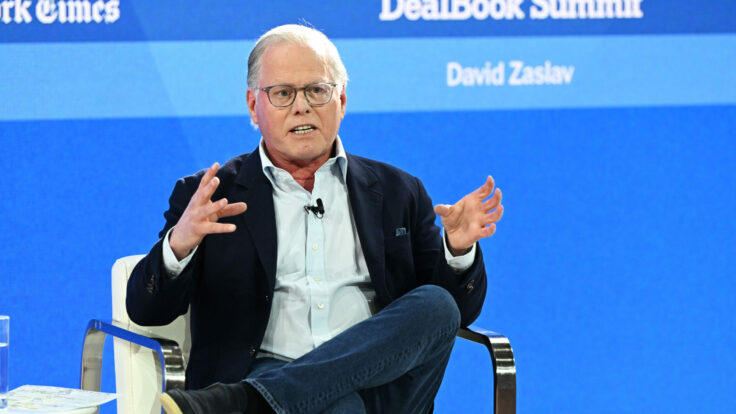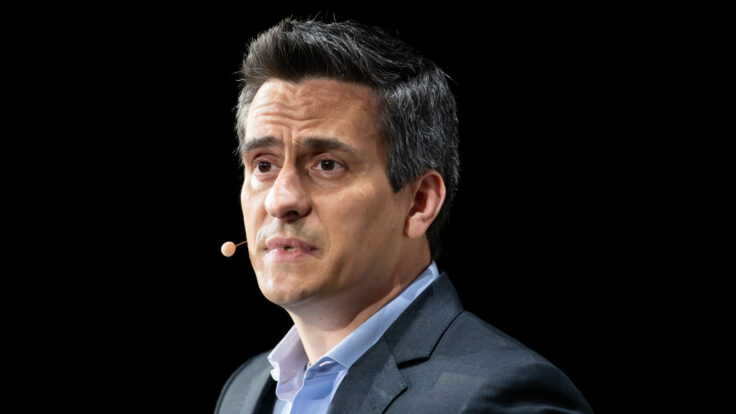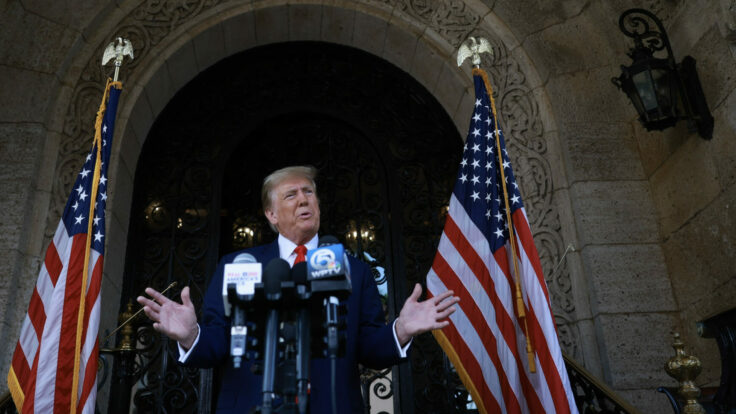At the end of January, Dan Loeb and I had a “drink” together—sparkling water for both of us and some crudités—at the recently opened Aman New York, at the corner of 57th and Fifth. There is some sort of private Aman Club in there for members, as well as an ultra ultra-luxe hotel. Since Dan is a member, we agreed to meet there.
We spoke about a bunch of things, including about his friend Marc Benioff and Salesforce. He made no mention of buying a stake in Salesforce and becoming the fifth activist to buy into the stock—nor should he have mentioned it—but it was clear to me he knows and likes Marc and has been serving as some sort of informal adviser to the embattled C.E.O.







